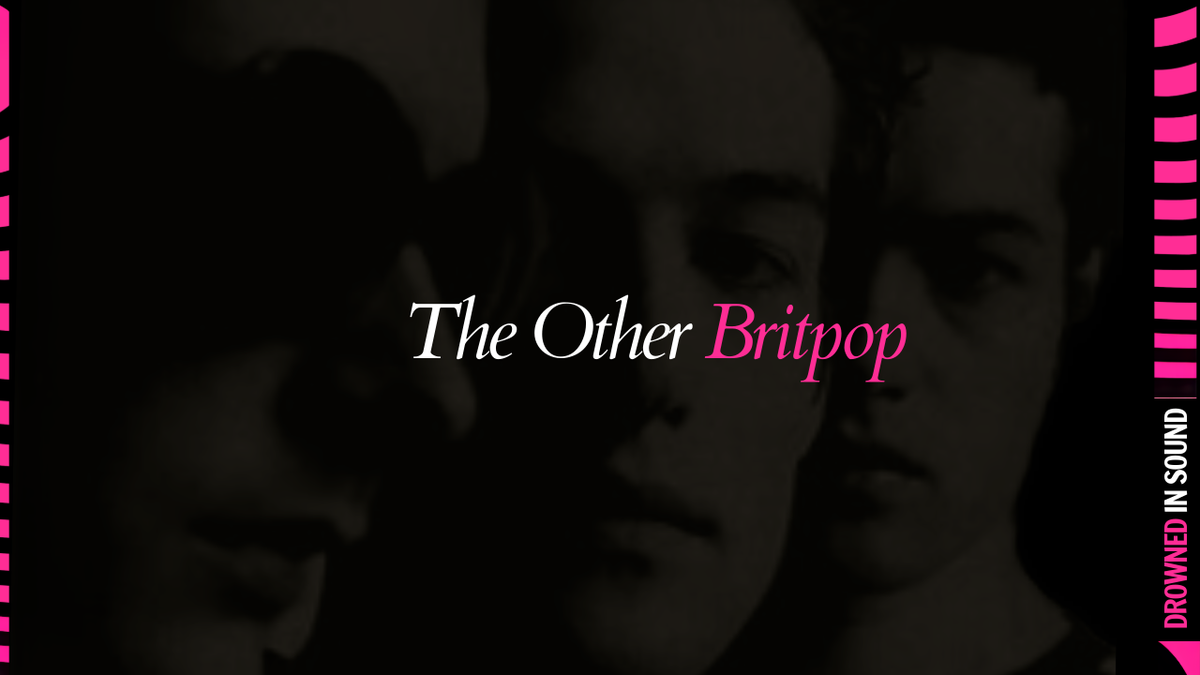This post is for paying subscribers only
Subscribe now and have access to all our stories, enjoy exclusive content and stay up to date with constant updates.
30 years since Blur beat Oasis in the Battle of Britpop, two authors explore being both inside and outside the mid-90s music explosion

Subscribe now and have access to all our stories, enjoy exclusive content and stay up to date with constant updates.
Already a member? Sign in